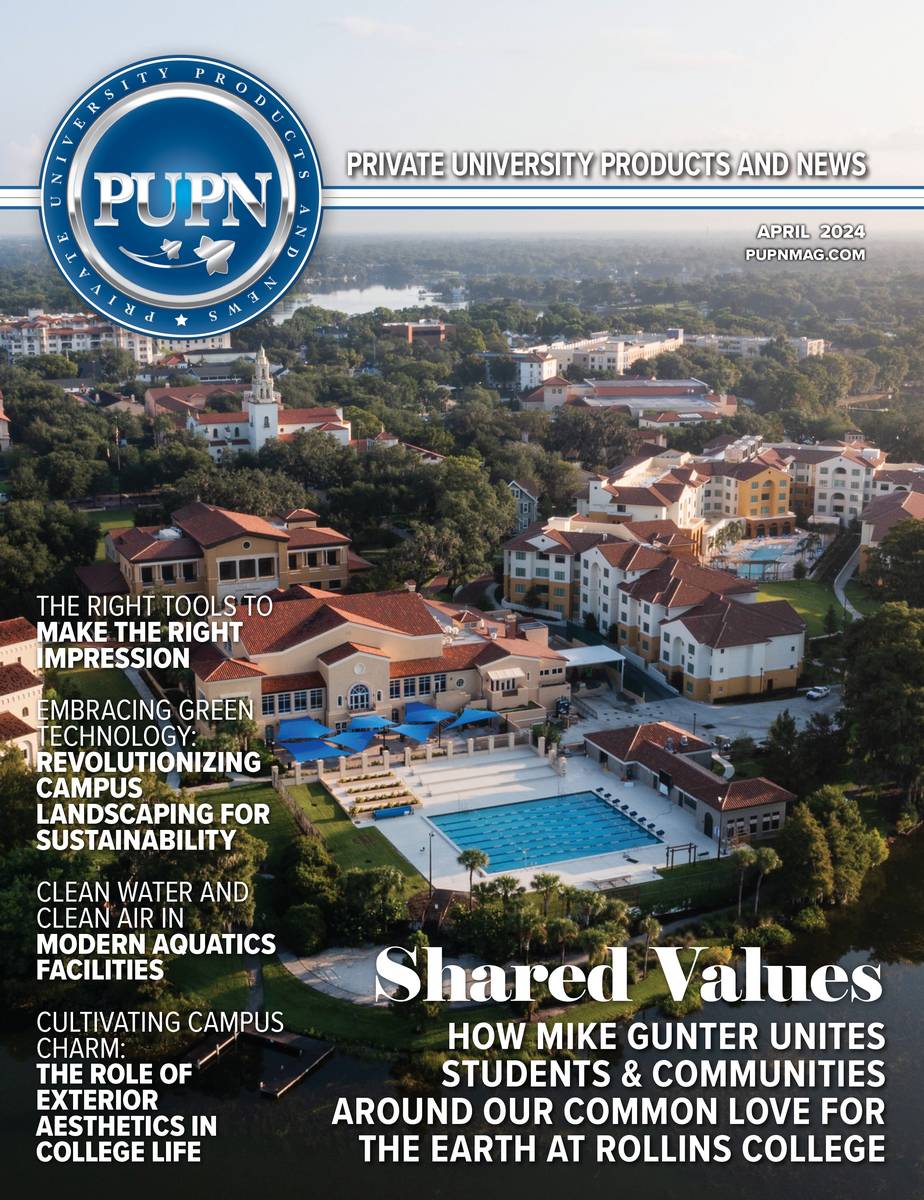Having a degree that can be measured in a specific dollar amount that accrued each semester, they are expected to produce a return on that investment immediately upon entering the workforce; even still, many students hope that lucrative, steady work can also serve a deeper purpose. Many will still aspire to find jobs that can be meaningful and careers that bring some level of personal satisfaction and allow them to serve their communities.
A Weakening Core
Obviously, some students enter academia already clearly knowing the direction they want their lives to take-or at least imagine they do-and thus they would prefer to concentrate on filling their schedules with courses that move them steadily toward that goal. Those students often view core courses as expensive and fairly pointless hoops they are forced to jump through in order to get to work that matters. Then, after enduring the core classes, they could finally focus on subjects they enjoyed and classes that they felt were directly connected to their futures.
As the history goes, these core classes in sciences and math-along with English and the arts-helped students who didn’t have a direction to find their passion; thus science, math, English and history were intertwined in a curriculum that provided a well-rounded education as a basis for whatever road they would eventually travel.
In the last decade or two, an ongoing debate has pitted those who question the benefit of classes outside the STEM curriculum (Science, Technology, Engineering, and Mathematics) against those who refuse to bow to institutional or cultural pressures to devalue courses in the liberal arts.
Return on Investment and Higher Education
Proponents of STEM suggest that the fields of engineering and mathematics are growing exponentially, and college graduates are needed to fill positions to help America stay competitive with other countries. They argue that jobs which fall under the science and technology umbrella will be much more lucrative for graduating seniors who are, first and foremost, looking for jobs. When there are not enough jobs for jobseekers, these questions become more pointed, and the argument becomes more heated. Educators and administrators must consider the viability of certain degrees in a workforce that continues to devalue those degrees.
With escalating costs of higher education, a big pay-off with a job boasting a substantial starting salary will not only be tempting for those students-the promise of the significant pay-off may seem the only logical option, even if a student’s interests, passions, and talents are not aligned with that field Another reason oft presented to explain the decline in liberal arts is that colleges are losing money on arts and humanities departments, with not enough students enrolled in these programs to cover the costs. Therefore, there are colleges now that are phasing out offerings in the humanities in areas such as Philosophy/ Religion and Literature/Art studies.
Pushing Against the Tide
There are countless professors who are passionately fighting against this trend. Rosanna Warren, the Hanna Holborn Gray Distinguished Professor at the University of Chicago, has said, “Most people need and want the arts in their lives. Our civilization may now be so coarsened that we will eliminate the humanities from our schools, and we will train citizens only for technical skills which give them no sense of what they are living for, or why.”
Many proponents of liberal arts say that anything one learns in computer science and other technology fields will become obsolete within a decade, so the most important kind of learning is about how to learn. The skills of flexibility, judgment, and common sense are the kinds of skills learned in a liberal arts education.
Tim Marshall, Provost of The New School, recently penned a piece for quartz.com: “STEM may be the future-but liberal arts are timeless.” Marshall writes that society has come to devalue the study of literature, history, philosophy, and other humanities-viewing those endeavors as pointless.
While Marshall acknowledges that many administrators and educators believe we should just stick to teaching skills such as coding, digital marketing and web development, he argues that liberal-arts-educated leaders are essential in the future to prepare them for the “emergent socio-technical landscape.” He suggests successful students must be able to understand how the world is changing and be able to recognize the implications for the human experience.
David Lay Williams, a professor of political science at DePaul University specializing in the history of political thought, is another passionate voice in the dialogue, as he stresses the importance of liberal arts and humanities. In an article for Cap Times, he describes his life of a professor as “joyful” and expresses how grateful he is to have had options in his undergraduate years in college, where he first discovered philosophy and political theory.
Williams says that he first took these courses to satisfy degree requirements but quickly realized that these classes gave him a purpose. Williams describes how he moved from an aimless, socially awkward student to a purposeful student who was part of a like-minded group of friends leading what Socrates called “the examined life”: reading, engaging in long conversations, and other presumably “pointless pursuits.”
Eliminating Majors in Liberal Arts & Humanities
Additionally, Williams is grieving the fact that a college where he was previously employed is proposing to eliminate majors in nearly all the traditional liberal arts and humanities. His grief is for his colleagues whose livelihoods are threatened, but also he thinks about the life he would have lived had he not discovered his love of liberal arts. He asserted that he was not well suited for a path in STEM disciplines, and if he hadn’t had the opportunity of expanding his education with liberal arts, he would not have been able to have his life of “joy” in teaching many other students who are like he was, discovering this path.
Williams states, “More times than I can count, I have seen this spark ignite previously uninspired students, discovering who they are and how their brains work.” He shares a story about a student who was drifting until he found some challenging books and compelling conversations; that student then went on to study German philosophy abroad in Germany with Williams as his mentor. Recalling how the students on this trip read Kant, Hegel, Marx, Nietzsche, and Freud, Williams considered this trip the highlight of his teaching career. That once-uninspired student he mentions in his narrative went on to get an MFA in writing and is currently working on novels.
Nimble Minds Crossing Disciplinary Lines
While Williams stresses he is not opposed to STEM courses, as they are an important part of any full education, he believes that we lose something essential if imagining they are the only ones worthy of study. He reminds us that if we reflect on some of the greatest thinkers in the history of Western civilization, we will find minds that are “equally nimble” in fields as varied as science and mathematics to philosophy, religious inquiry, and the fine arts.
In fact, Williams argues, those we revere made little, if any, distinction between those fields that we now often consign to separate fields and disciplines. He concludes, “We lose more than we suppose when we chop up these different dimensions of their thought and pretend that half of it no longer matters.”










